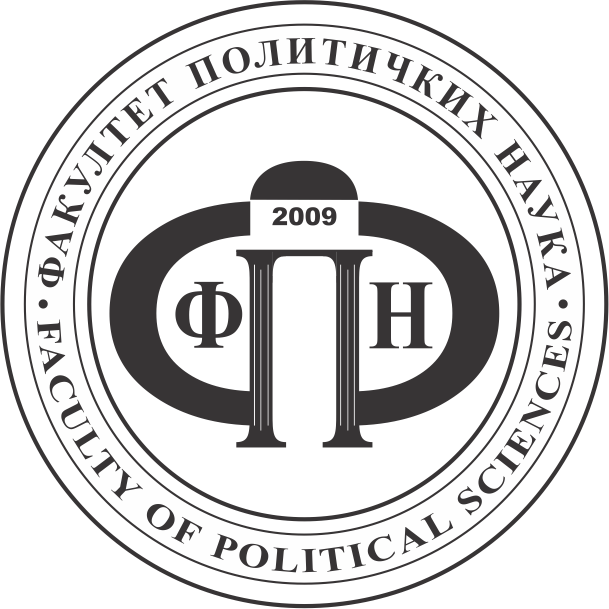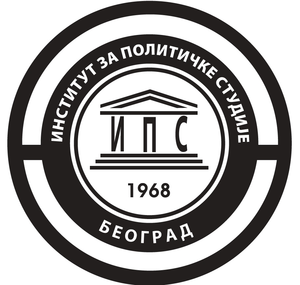The Politeia is a multidisciplinary academic journal publishing scholarly papers in the fields of politics, international relations, Balkan studies, sociology, communications, media studies, political system, journalism, public relations, geopolitics, international security, law, history, cultural studies, social policy, social work, as well as texts from other fields in the domain of social sciences.
As the only journal in the domain of social sciences in the region of Southeast Europe to be registered in two countries – Bosnia and Herzegovina and Serbia, the Politeia aims at establishing relations between domestic, regional, and international academic circles.
In terms of its contents, the Politeia offers the OPEN ACCESS policy, making all the papers available for free to users and their institutions. Users are entitled to read, download, copy, distribute, print, browse or access full-length texts of the papers, as well as to use them for any legal purposes without previously asking for approval from the publisher or author, which is in line with the OPEN ACCESS policy.
 University of Banja Luka – Faculty of Political Sciences,
University of Banja Luka – Faculty of Political Sciences,
